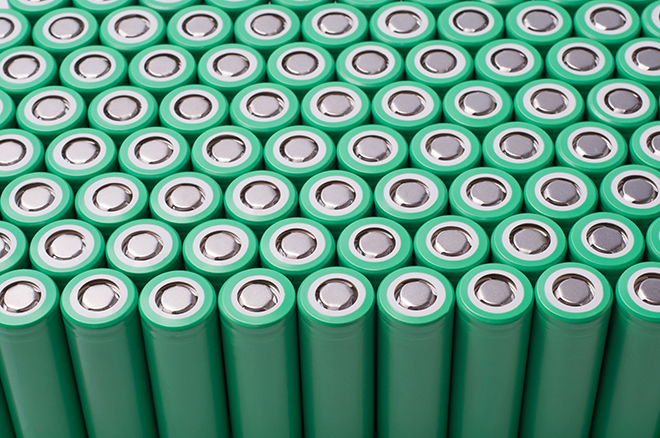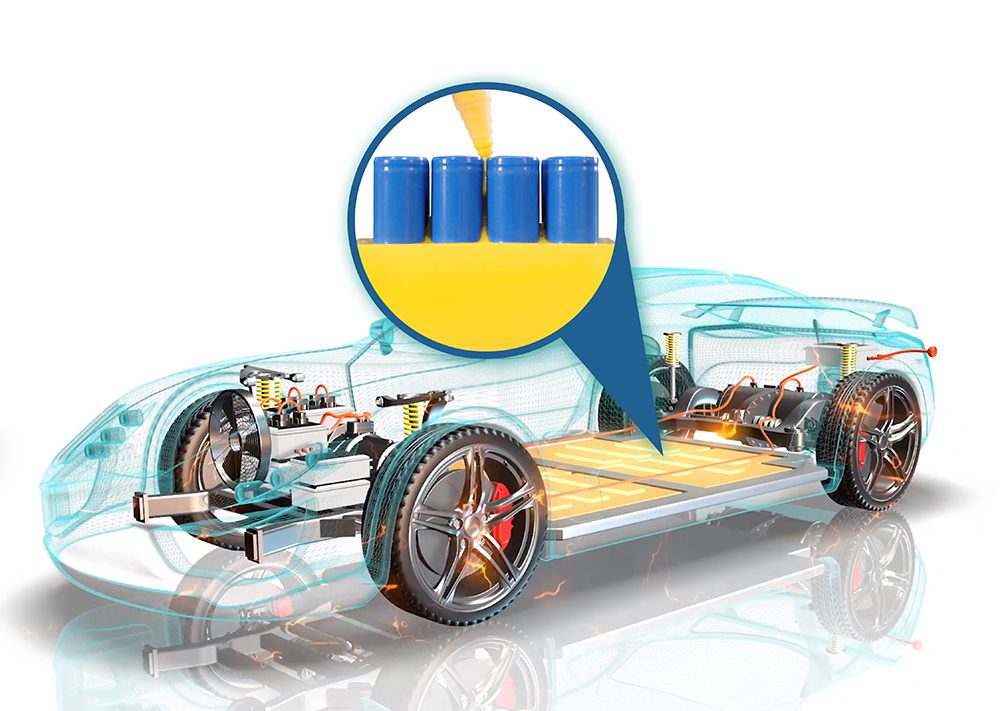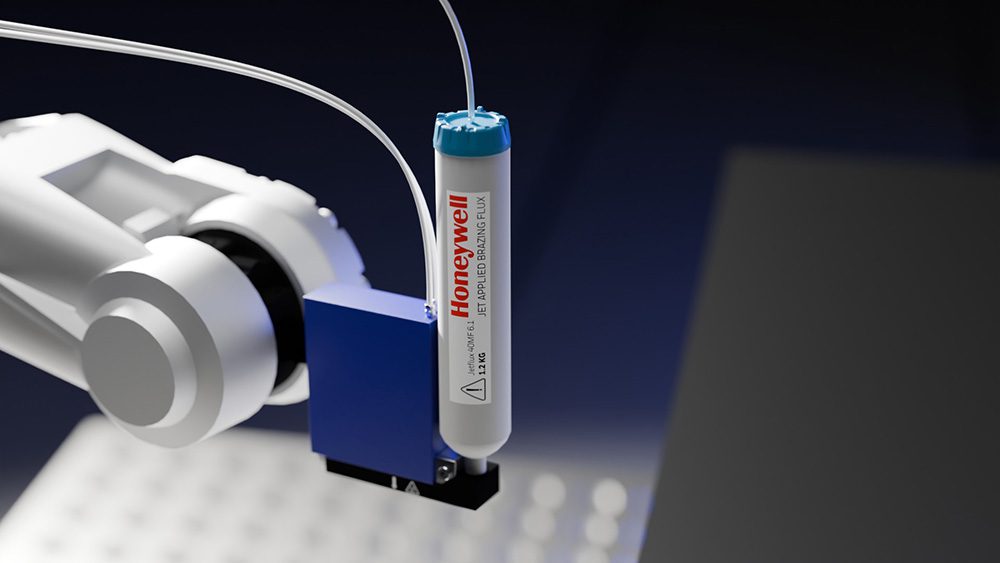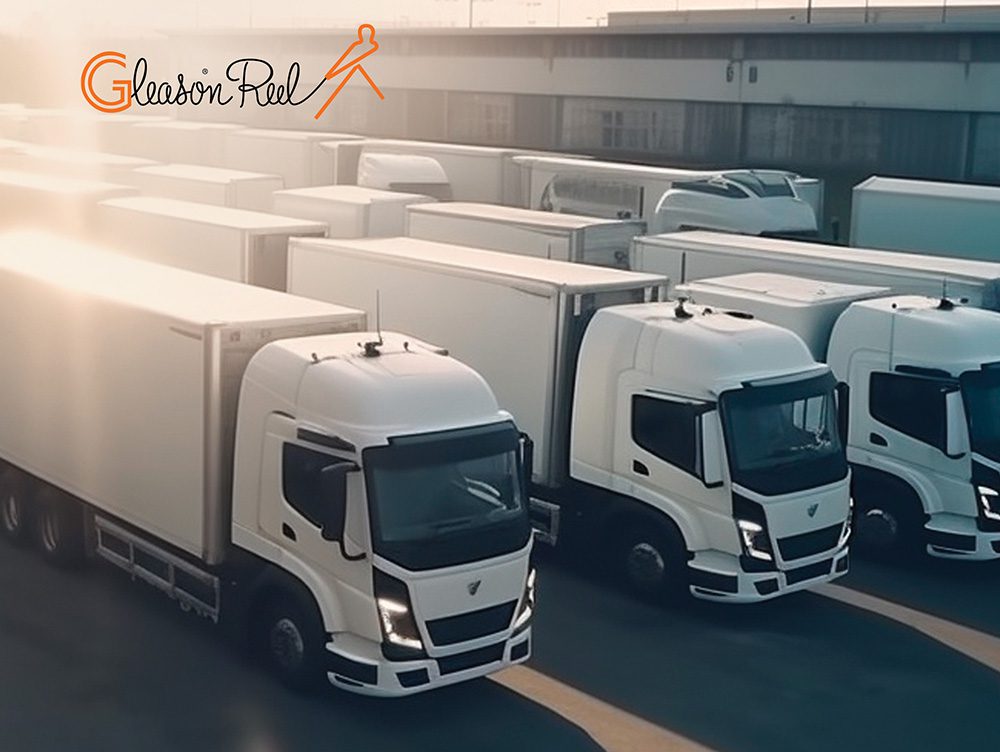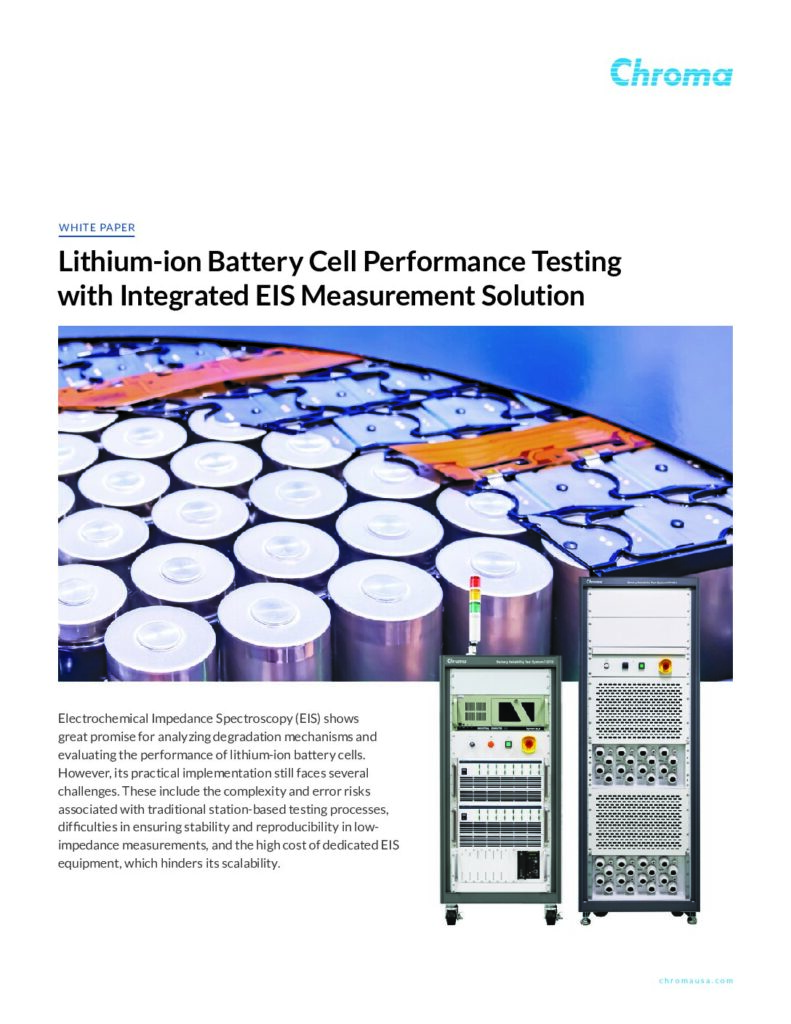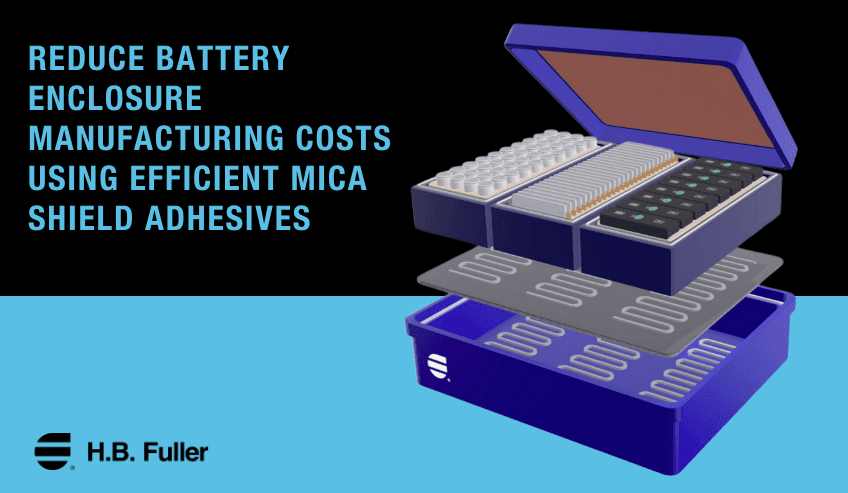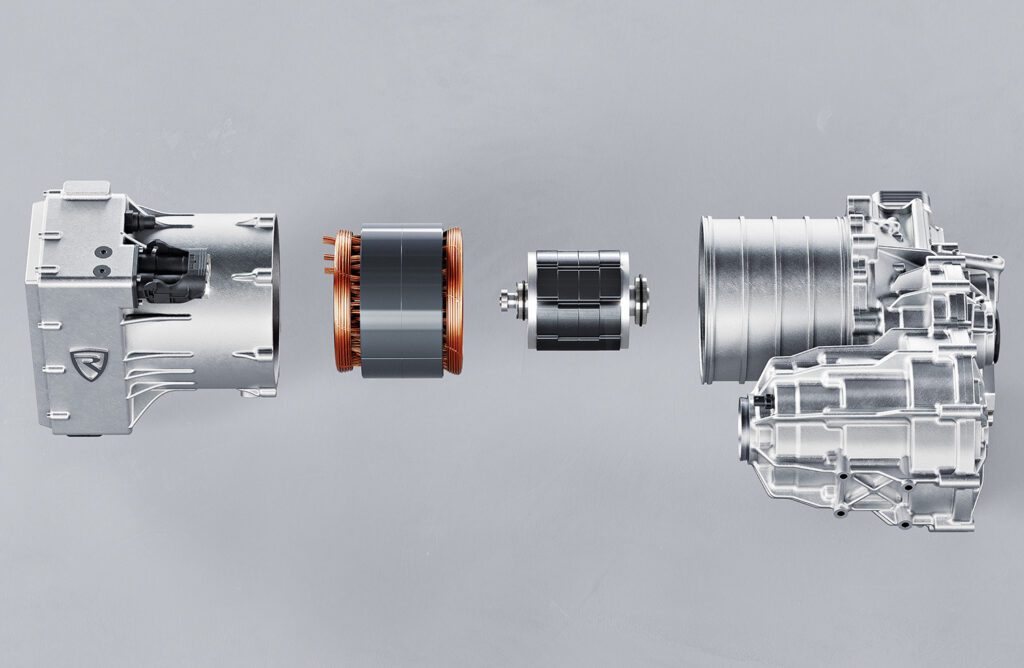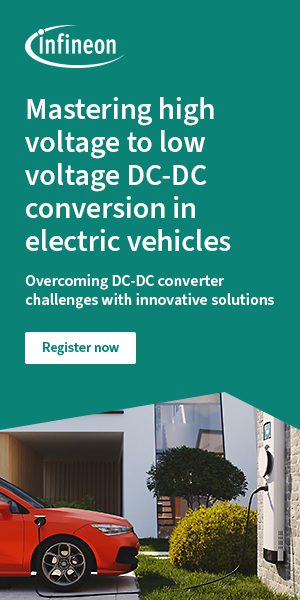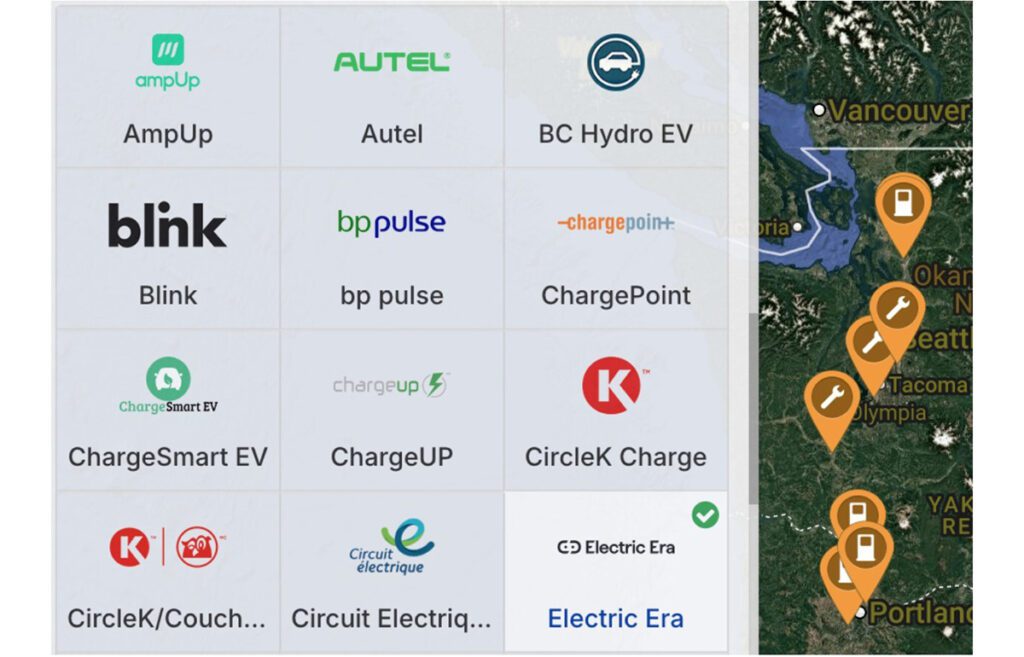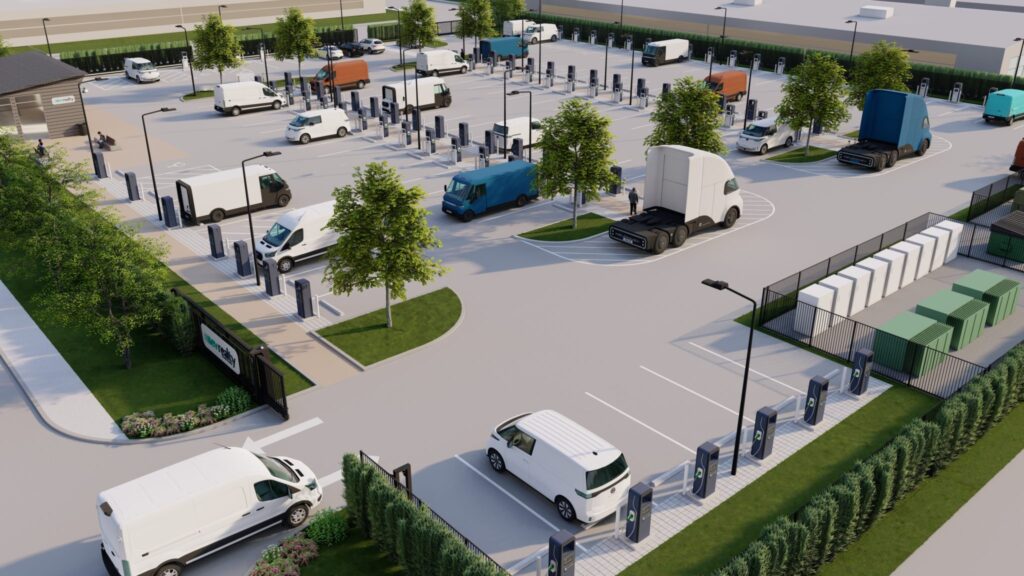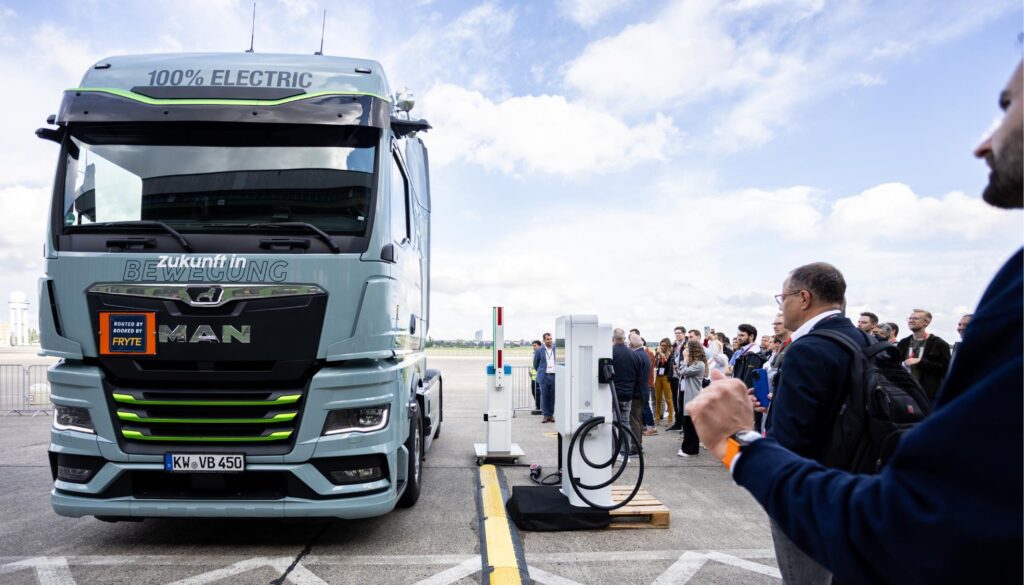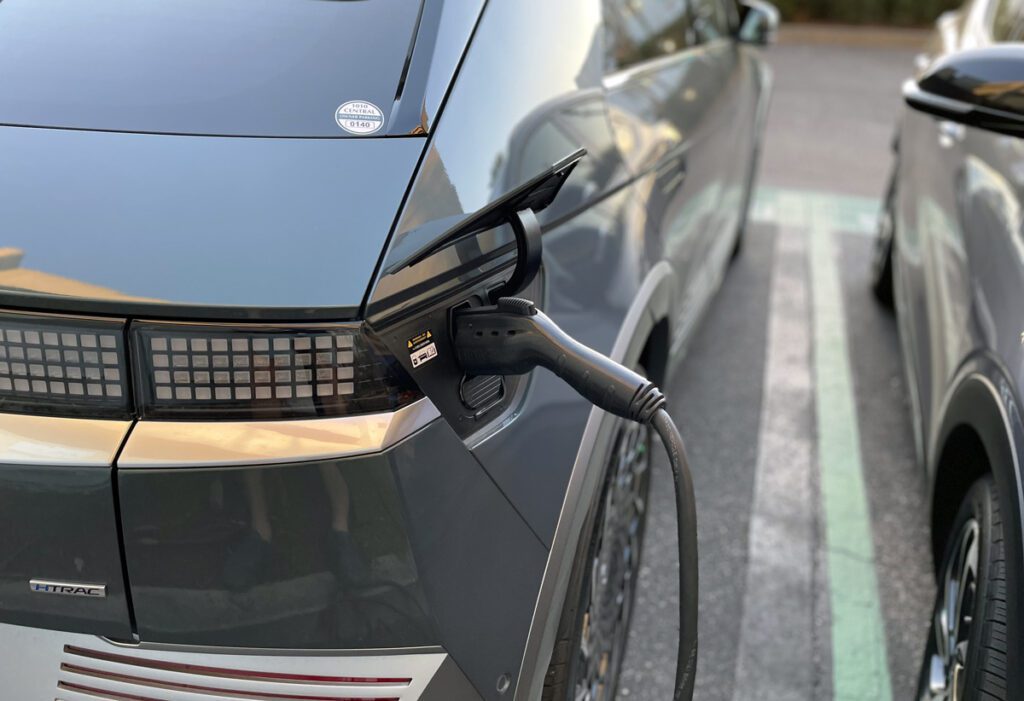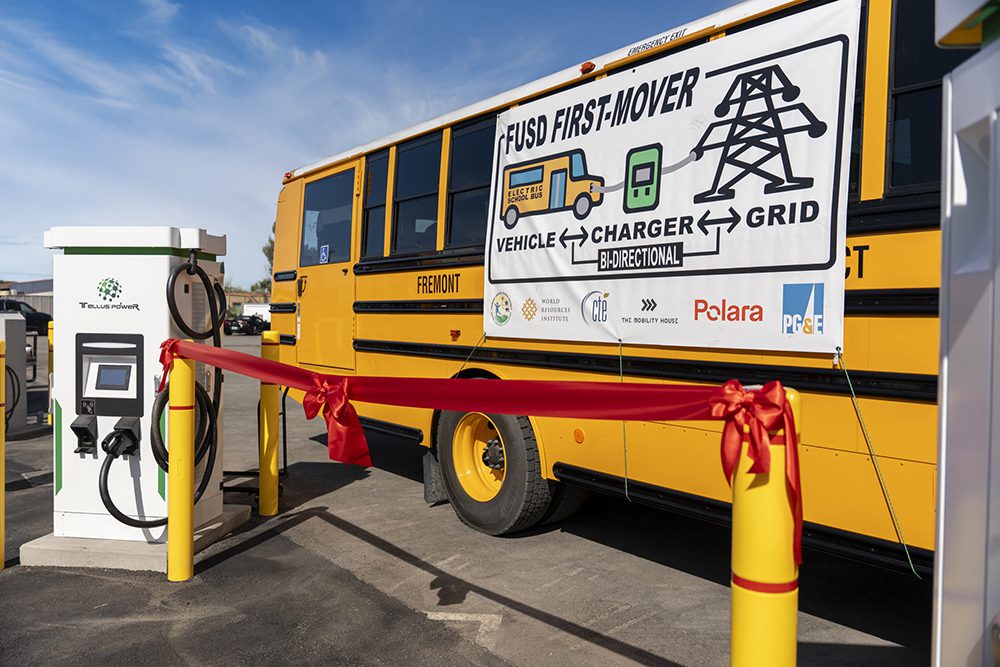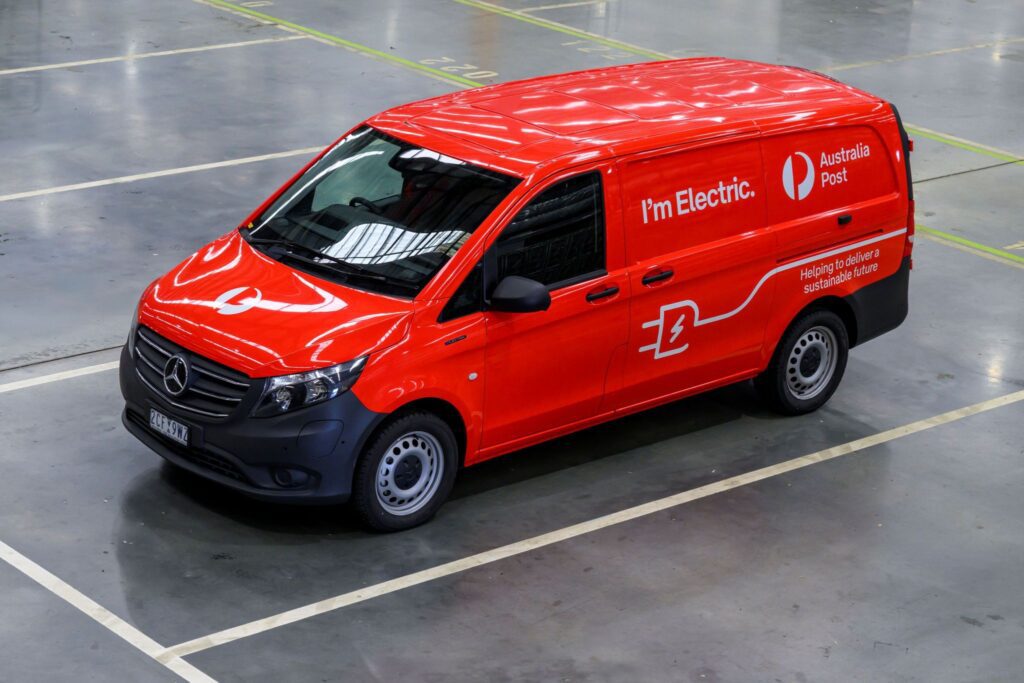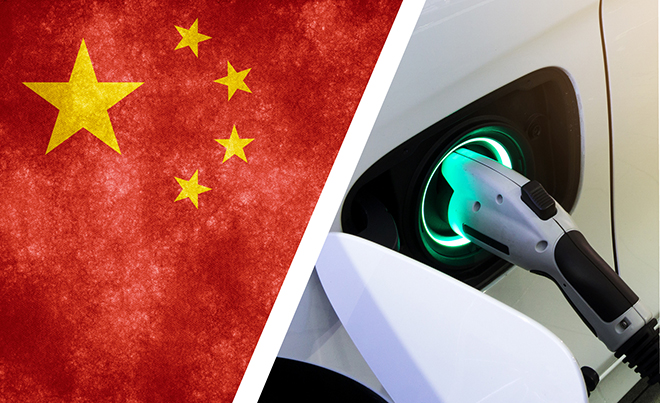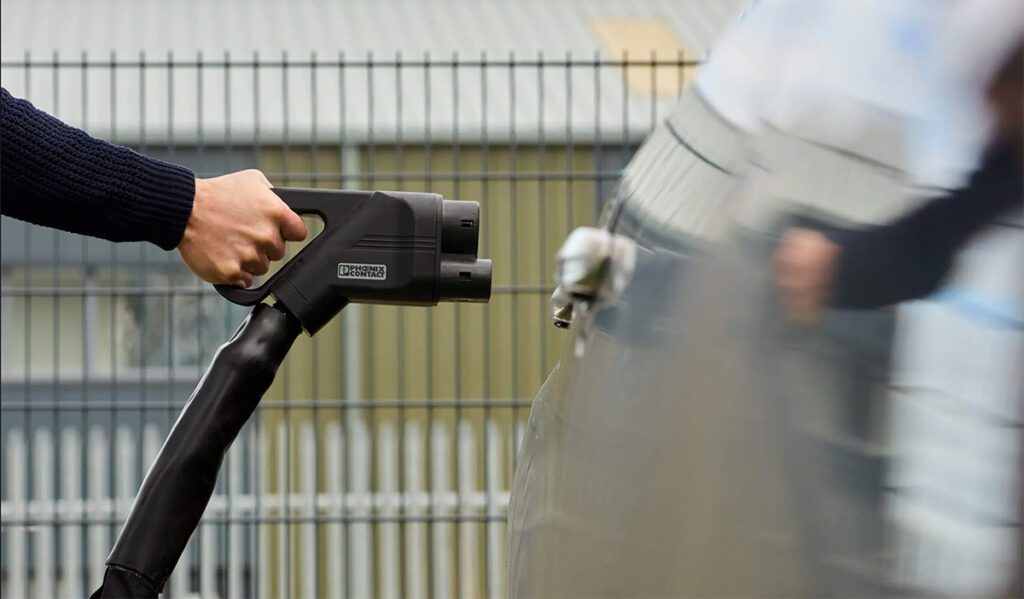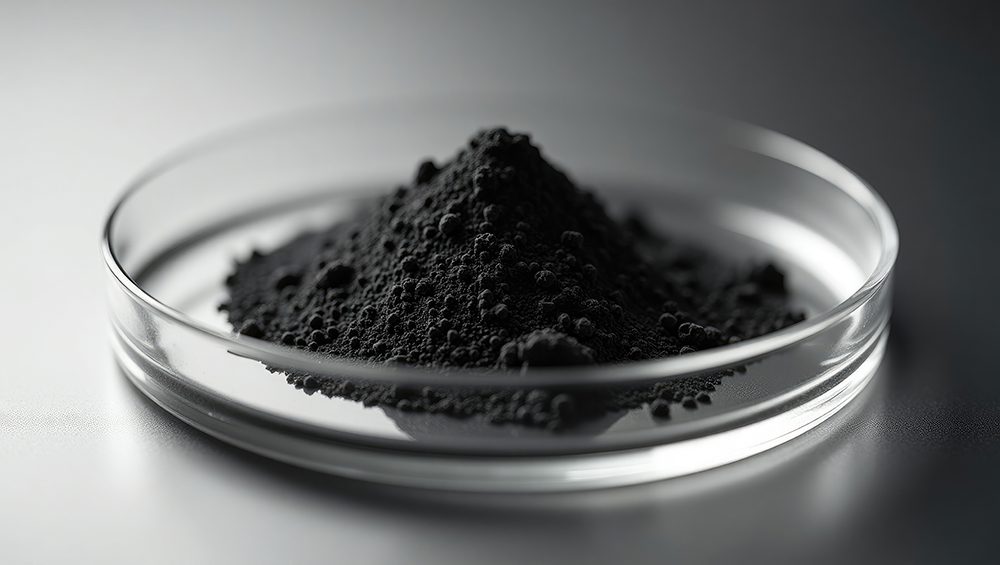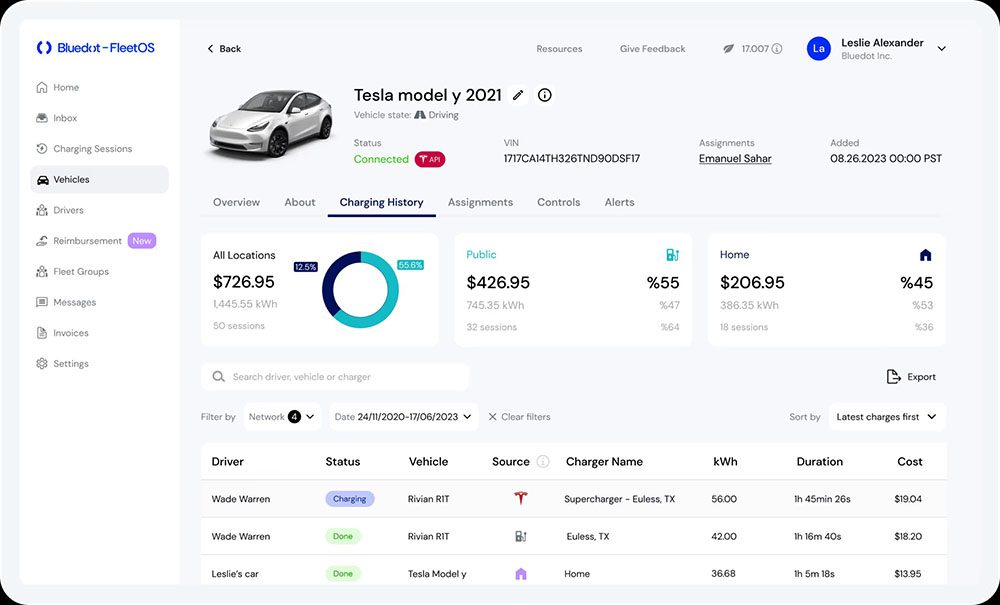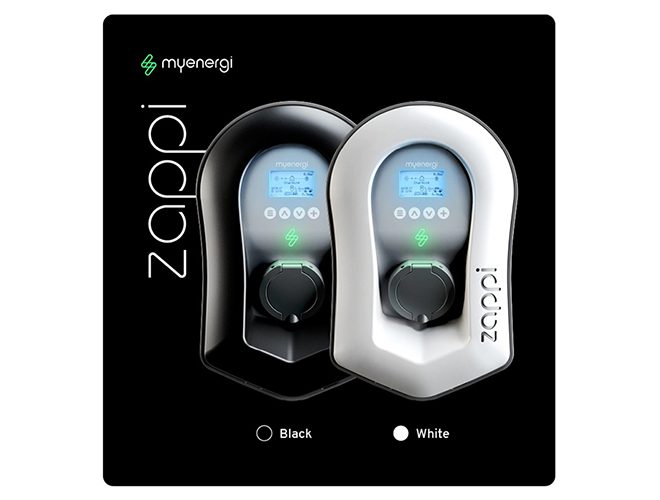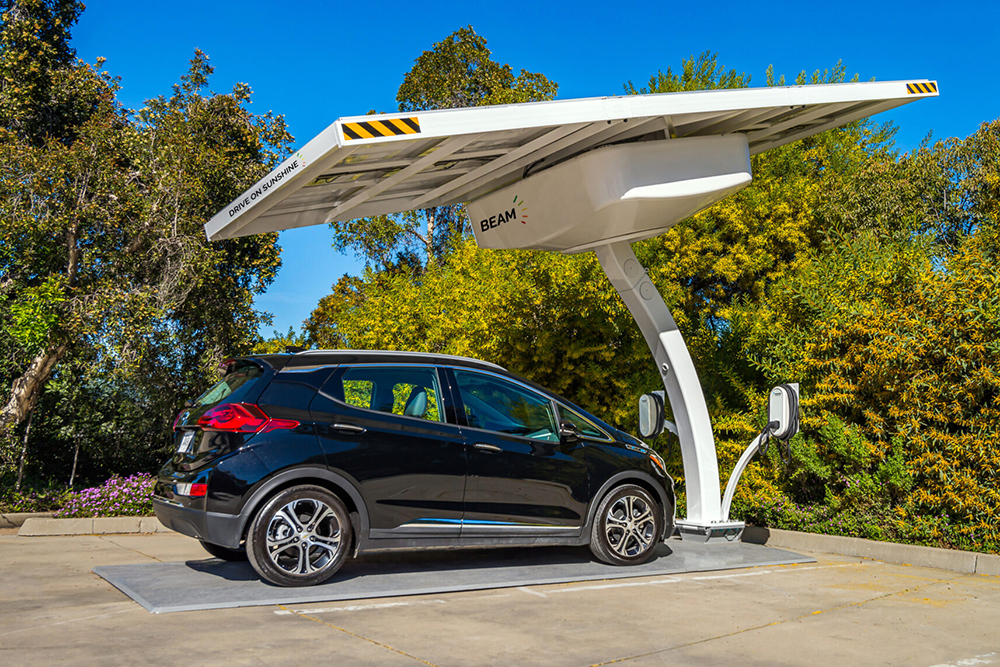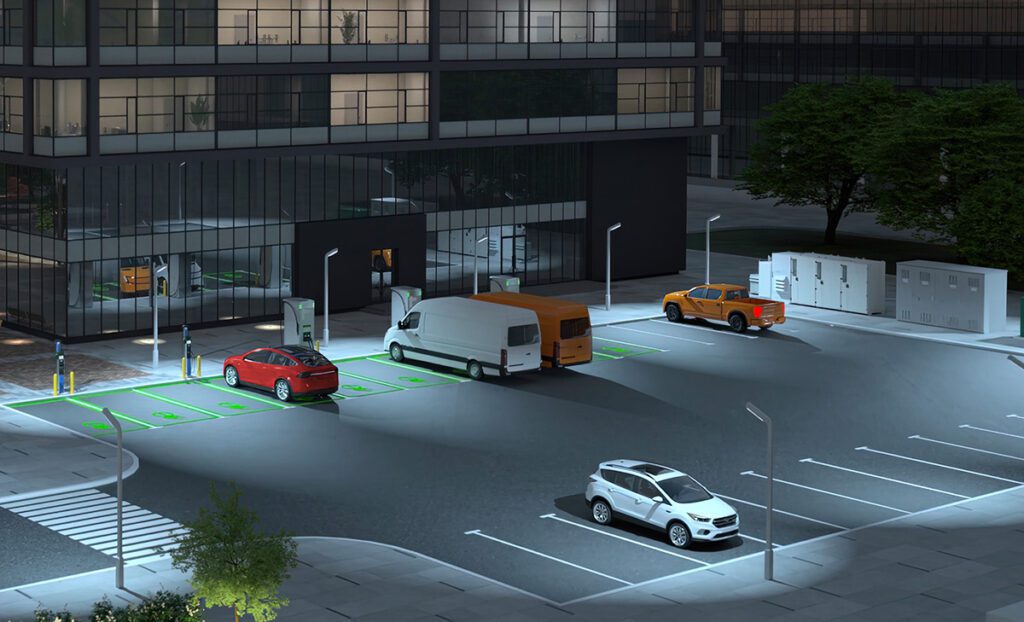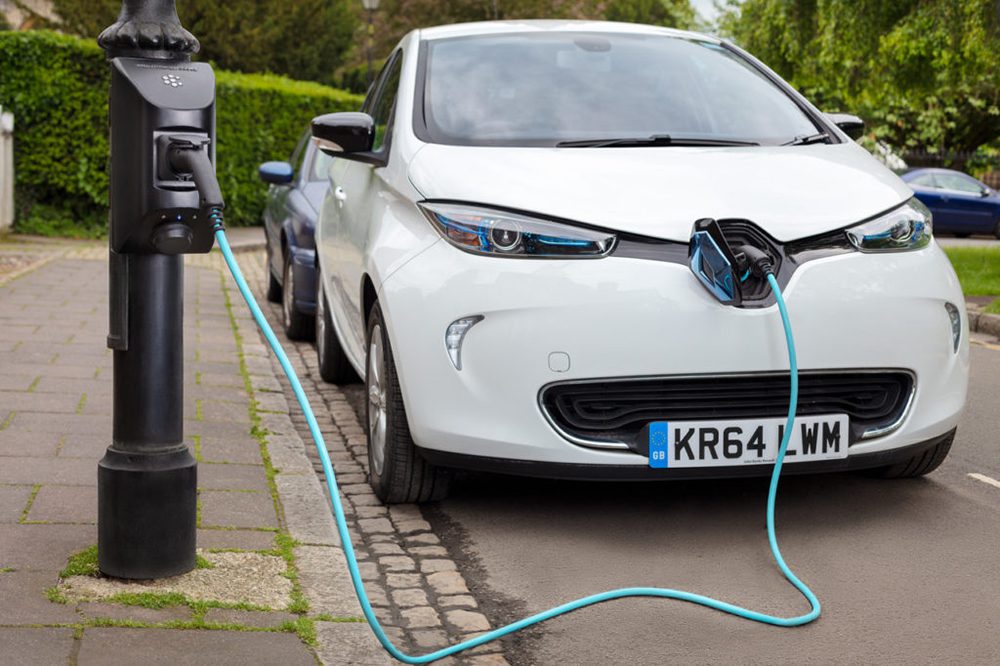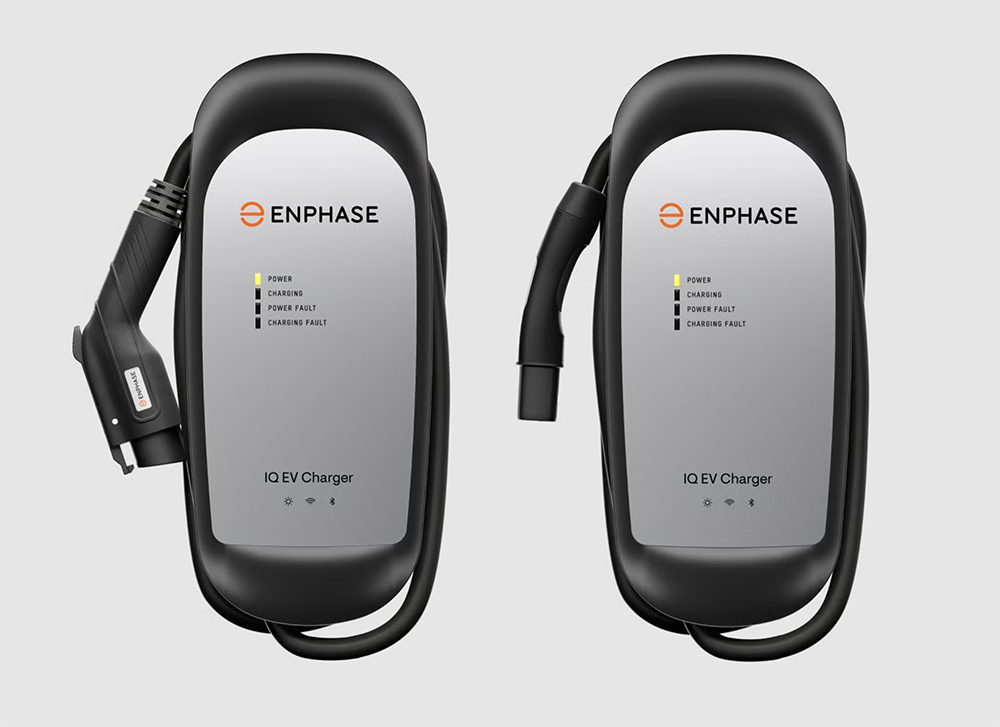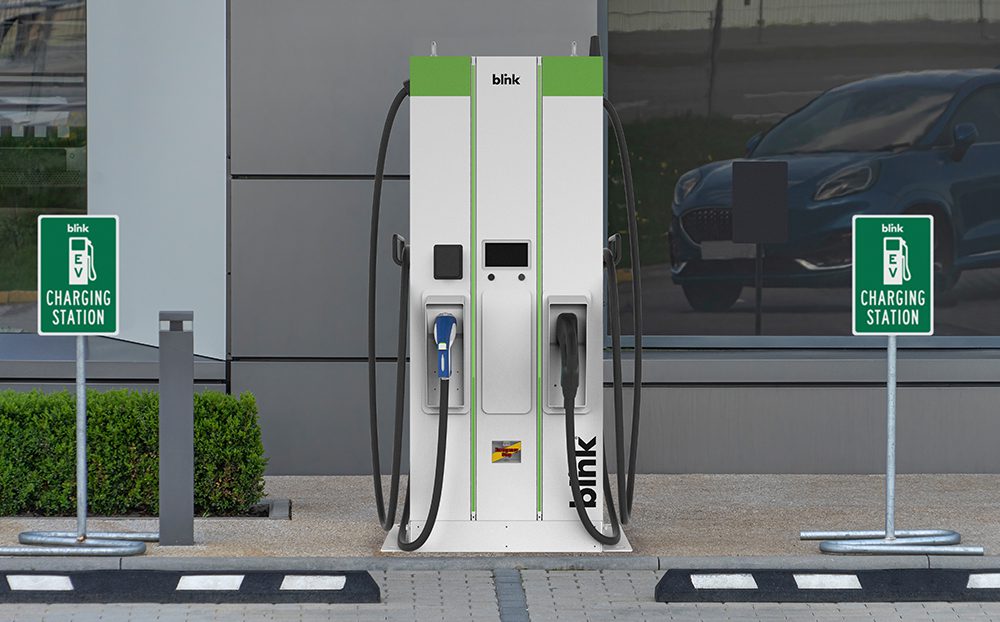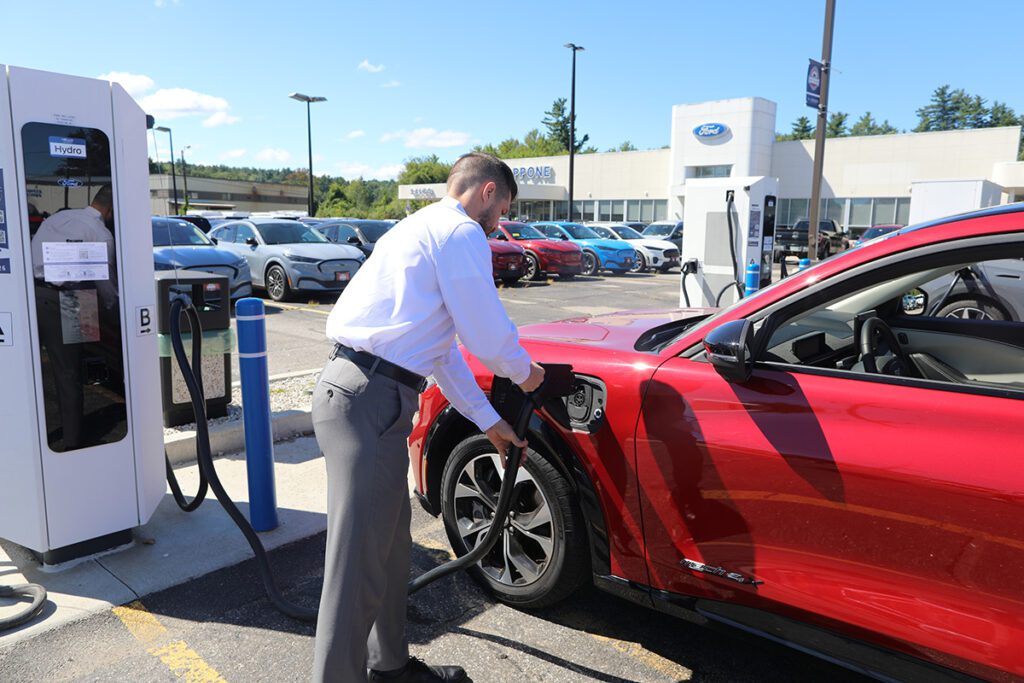Shortages of battery materials represent a serious bottleneck that’s sabotaging environmental goals and costing consumers a bundle, and the supply crunch seems likely to be with us for some time.
President Joe Biden has invoked the Defense Production Act in order to encourage domestic production of critical raw materials. Doing so added critical battery minerals to the list of items covered by the 1950 Defense Production Act, which allows the president to use emergency authority to make large orders of certain products or expand production capacity and supply.
“The United States depends on unreliable foreign sources for many of the strategic and critical materials necessary for the clean energy transition—such as lithium, nickel, cobalt, graphite, and manganese for large-capacity batteries,” said Biden. “Demand for such materials is projected to increase exponentially as the world transitions to a clean energy economy. To promote the national defense, the United States must secure a reliable and sustainable supply of such strategic and critical materials. The United States shall, to the extent consistent with the promotion of the national defense, secure the supply of such materials through environmentally responsible domestic mining and processing; recycling and reuse; and recovery from unconventional and secondary sources, such as mine waste.”
The White House will work closely with the departments of Energy and the Interior to implement a presidential determination, a source told CNN, adding that any actions would “in no way” bypass permitting or environmental review processes for mining these minerals.
It doesn’t sound like any truly radical action is being considered. According to the source, the administration doesn’t plan to make loans or direct purchases of critical minerals, but rather to fund feasibility studies, co-product and by-product production at current operations, and productivity and safety modernizations.
Both Biden and his predecessor Trump invoked the Defense Production Act during the Covid-19 crisis.
“Today, lithium and nickel are the most important materials in EV batteries, and most of the world’s production of those metals for the first half of this decade has already been reserved by battery makers and car companies,” says Dr. Qichao Hu, CEO of battery manufacturer SES. “Tomorrow’s EV future will hinge on batteries that use more earth-abundant materials like iron, and an efficient supply chain.”
Source: White House, CNN







